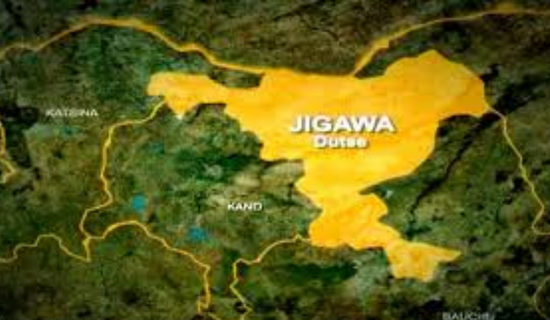The Jigawa State Universal Basic Education Board (SUBEB) has taken decisive action against teacher absenteeism, withholding salaries from 239 teachers found to have abandoned their posts for three years. This measure, announced by SUBEB Chairman Professor Haruna Musa, aims to enforce accountability within the state’s teaching workforce and ensure that public funds are allocated appropriately. The revelation came following a five-day training program organized by the board for 250 Arabic teachers in Dutse, the state capital. Professor Musa emphasized the board’s commitment to improving teacher attendance and raising the overall quality of education in Jigawa State. The salary denial serves as a strong deterrent against teacher truancy and reinforces the expectation of diligent performance.
The training program, a key component of SUBEB’s strategy to enhance educational standards, focused on equipping teachers with essential skills for the modern classroom. Participants, selected from across the 27 local government areas of Jigawa State, received training in computer literacy and effective lesson planning techniques. These skills are crucial for integrating technology into teaching practices and developing engaging, well-structured lessons that cater to diverse learning styles. By investing in professional development, the board aims to empower teachers with the tools and knowledge necessary to effectively deliver quality education to students.
Professor Musa also underscored the importance of teachers serving as role models for their students, both in their professional conduct and personal presentation. He advised the participating teachers to maintain appropriate dress codes and demonstrate a strong command of language while teaching. This emphasis on professionalism extends beyond subject matter expertise to encompass the broader ethical and social responsibilities of educators. By embodying these qualities, teachers can instill in their students not only academic knowledge but also essential values such as discipline, respect, and effective communication.
The SUBEB chairman further addressed the issue of teacher shortages across the state, indicating plans to recruit additional teachers to fill existing vacancies. This proactive approach demonstrates a commitment to ensuring adequate staffing levels in schools, which is essential for providing students with individual attention and support. By addressing both teacher absenteeism and shortages, the board aims to create a more stable and effective learning environment for students throughout Jigawa State.
The combined efforts of tackling absenteeism, investing in professional development, and addressing staffing shortages reflect a comprehensive approach to improving the quality of education in Jigawa State. By holding teachers accountable for their attendance, equipping them with essential skills, and ensuring adequate staffing levels, SUBEB aims to create a more conducive learning environment that fosters student success. This multi-pronged strategy recognizes the interconnectedness of various factors influencing educational outcomes and the importance of addressing them holistically.
The actions taken by the Jigawa State Universal Basic Education Board signify a strong commitment to improving educational standards and ensuring accountability within the teaching profession. By withholding salaries from absent teachers, investing in teacher training, and addressing staffing shortages, the board is working to create a more effective and efficient education system that benefits all students in the state. This comprehensive approach demonstrates a dedication to providing quality education and fostering a positive learning environment for the future generations of Jigawa State.


